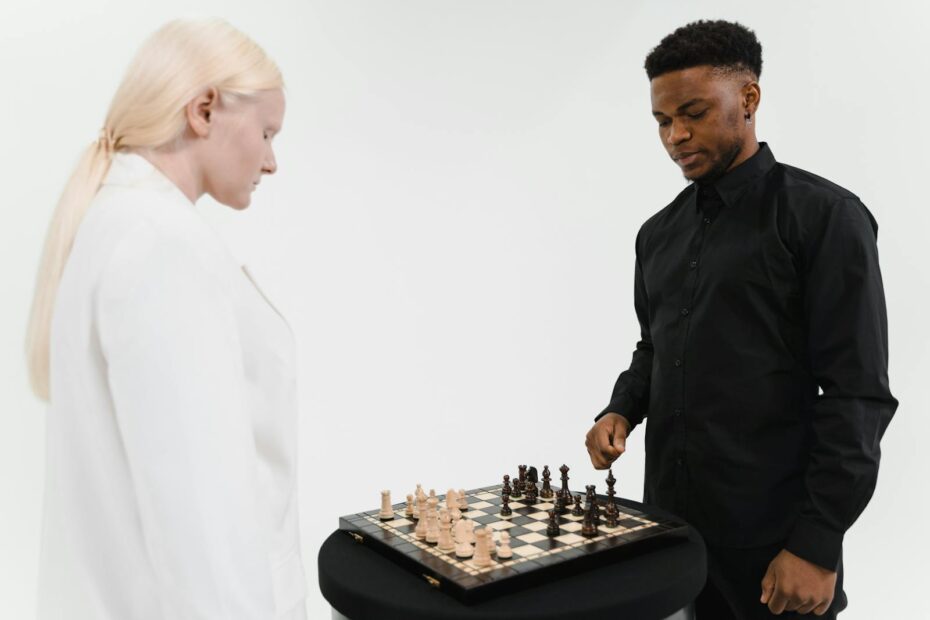Chess, a game of strategy and intellect, has fascinated players worldwide for centuries. Its complexity and depth offer an endless avenue for analysis and improvement. Among those drawn to its challenges is the enigmatic and multifaceted personality known as Andrew Tate. Understanding the “Andrew Tate Chess Rating” can offer intriguing insights into how chess strategies resemble life strategies, showcasing the interplay between aggressive tactics and defensive maneuvers both on and off the board.
The Enigma of Andrew Tate’s Chess Rating
Andrew Tate, a former professional kickboxer turned internet personality, has often mentioned his affinity for chess, presenting it as a metaphor for his strategic approach to life and business. While Tate’s official chess rating remains unspecified, exploring the concept of chess ratings reveals the game’s layered complexity and how individuals like Tate navigate these waters with acumen akin to their professional exploits.
Understanding Chess Ratings
- Elo Rating System: A method to calculate the relative skill levels of players.
- FIDE Ratings: The International Chess Federation endorses this system, used globally to rank players.
- USCF Ratings: Specific to the United States Chess Federation, similar in purpose to FIDE but used domestically.
Chess Strategies and Real-Life Applications
The game of chess is not just about the moves on the board but also about the broader strategies that can be applied to real-life scenarios. Analyzing Tate’s discussion around chess, it’s possible to draw parallels between chess strategies and personal or business success strategies.
Key Chess Strategies
- Opening Principles: Control the center, develop your pieces early, and ensure the safety of your king.
- Middlegame Tactics: Focus on positioning, anticipate your opponent’s moves, and create a balance between attack and defense.
- Endgame Techniques: Utilize pawn structure, leverage minor piece advantages, and aim for pawn promotion.
Chess and Life: Parallels Drawn by Andrew Tate
Chess serves as a metaphor for life’s strategic battles, according to Tate. Every move in chess can symbolize a decision in life, where foresight, planning, and adaptability play crucial roles. By understanding the nuances of chess rating systems and applying chess strategies to life, one can navigate complexities with confidence and precision, much like navigating a competitive chess match.
Strategy for Success
| Chess Strategy | Life Application |
|---|---|
| Control the Center | Focus on what’s important and prioritize your actions accordingly. |
| Anticipate Moves | Plan ahead and be prepared for potential challenges. |
| Balance Attack and Defense | Maintain a balance between risk-taking and safeguarding your interests. |
By analyzing the concept of the “Andrew Tate Chess Rating,” we delve into not just the sphere of chess but also the broader implications of strategic thinking in life. Whether or not Tate’s specific chess rating is known, his engagement with the game underscores the value of chess as a tool for intellectual and strategic development, showcasing that the principles guiding successful gameplay can similarly guide successful living.
